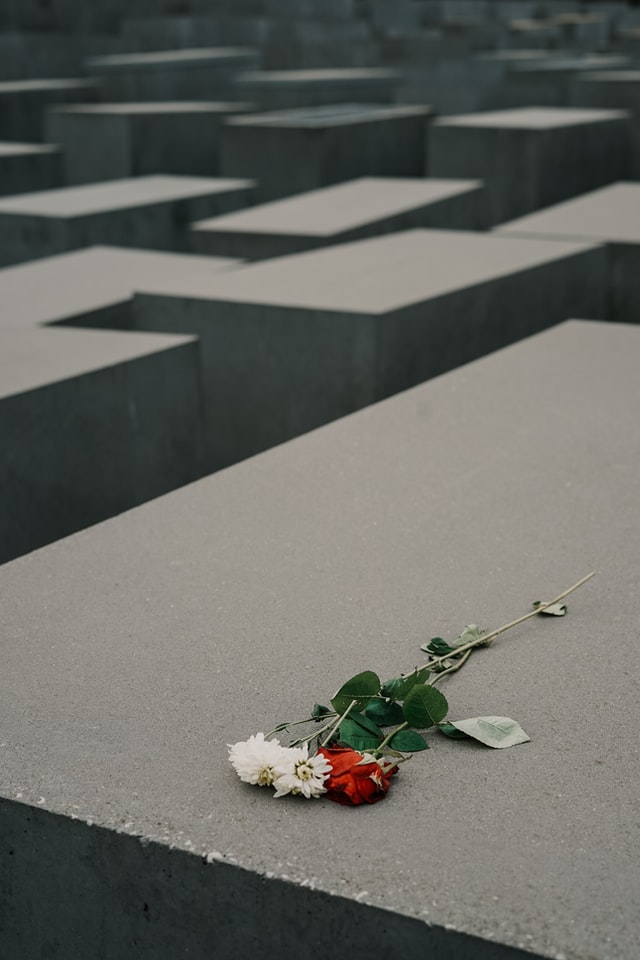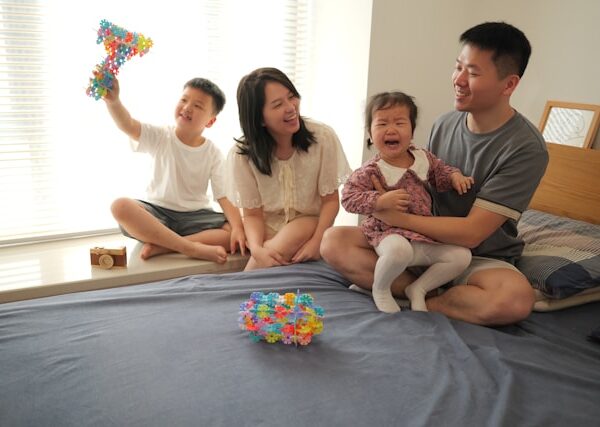First posted on 9/27/21 at: https://surehopecounseling.com/2021/09/27/a-road-map-for-mourning/

If you have experienced loss in your life, you know what it is to grieve. And while losses come in many forms, what I would like to focus on here is the death of a loved one. Wolfelt defines grief as, “the constellation of internal thoughts and feelings we have when someone loved dies . . . the weight in the chest, the churning in the gut, the unspeakable thoughts and feelings.” In my experience in working with people who are grieving this kind of loss there are many shared reactions expressed in a unique way given the specific context of the loss and the relationship.
This is not an exhaustive list, but here are some of the common reactions you may have when a loved one dies: shock, disbelief, yearning, numbing, anger, anxiety, confusion, sadness, guilt, loss of interest, meaninglessness, relief, restlessness, and the list goes on. I don’t know about you but when I read over that list, I get overwhelmed! Grief can feel heavy, overbearing and just flat out disorienting. We lose a sense of our own selves, and the world can seem like such a strange place to live in. Given the effects of grief it is helpful to have a map to navigate the chaos.
There are many roadmaps (models) for mourning. By the way, mourning is simply the “outward expression of grief” (Wolfelt). A grief/mourning model can help answer the question, “Given the internal struggles I am experiencing how do I work through it?” You may have noticed that I am a fan of Wolfelt. There are many good models out there and if you do an internet search you will find that they have a lot in common. Since this is the case and for sake of space, I am going to stick with William Wolfelt’s map in the hopes that it will help you feel that you have a way to plot a course to healing.
Wolfelt presents six needs when we are mourning: acknowledging the reality of the death, experiencing the pain of the loss, remembering the person who died, developing a new sense of identity, meaning discovery and ongoing support. Before going into a brief explanation of these needs it is important to realize that grief is not a linear or stage like movement. These needs present themselves at different times in different ways all dependent upon your individual grief process.
If we are to learn how to adjust to life without the physical presence of our loved one, we have get to a place where we fully accept that they have died. Otherwise, we will continue to try to exist in a reality that is sadly no longer available to us. This can be approached in many ways including journaling, letter writing, or talking to a trusted companion addressing topics such as how this has impacted you, what you miss about your loved one and what life has been like since they died.
Experiencing the pain of the loss is important for two main reasons. The first is that if we suppress the pain, it will be displaced onto other areas of our inner and outer lives. In other words, we will redirect these emotions towards ourselves or others which will cause disruption in our health and relationships (Worden). The second reason is that our emotions are great doorways to understanding. While the pain can be very difficult, they ultimately help us comprehend the heart of our struggle.
I once read that remembering the person who died is “re-membership”. The point being that when the person is no longer physically available to us, a renegotiation of the relationship occurs to maintain their place (membership) in your life. The ways this can be done are seemingly endless. For example, sharing stories about your loved one at family gatherings, lighting a candle in their memory during the holidays, making their favorite meals, or holding onto their words of wisdom as a guide in future decision making. The technical term for this is continuing bonds and has become a core component of a healthy grieving process. However, it is important to know that if the person who died was someone whom you had a bad relationship (such as an abuser) continuing bonds is not necessary nor advisable.
Establishing a new sense of identity presents many challenges due to how we are informed about who we are in the context of relationships. For the Christian the core of our identity is in our relationship with Jesus Christ. Yet even for the Christian identity becomes a struggle in what I have called secondary identities. What I have personally heard by so many who have experienced the death of a spouse for example, is a loss of social identity. They were once part of communities that were more accepting of them when they were seen as a couple. Now as an individual they feel like an outsider and unfortunately very often no longer are being contacted by the same groups of people they once called friends.
Re-forming identity can be approached in several ways. If you happen to be a Christian, then I would encourage you to start by understanding how God speaks in His Word to your identity in Christ, meditate and pray through these Scriptures. From there, reflecting upon and discovering your values will also be important in understanding who you are as an individual. Value discovery also is very useful when discovering meaning in life, the fifth need mentioned by Wolfelt.
We all need purpose and meaning in our lives to truly thrive. Joseph Fabry has provided guideposts to meaning discovery that you may find useful. They include: self-understanding (personal identity), uniqueness (where you are irreplaceable in where you are situated in life, relationships, gifts, and talents), choices (what options are available to you, what you are free to do), responsibilities (given my choices how would my choices affect me and those around me), and self-transcendence (living for something bigger than yourself). Perhaps when you are ready these signposts will resonate with you and help you find a way towards a meaning-filled life.
Finally, Wolfelt mentions the importance of on-going support. Tending to the wounds of grief should not be a solo project. We need the companionship of someone who is willing to accept our pain and allow us to go at the pace we need to go throughout this process of grief. Grief help is an important need and grief helpers are necessary. Whether it be a trusted friend, family member, church family or a grief support group, healing takes place in community.
My hope is that you can find some order, clarity, relief, and control in a time that feels quite the opposite. And if you find yourself having a hard time with finding your way our counselors are available to join you in finding a path towards healing.
Ken Grano, M.A., M.Div., CFBPPC – https://surehopecounseling.com/pastoral-counseling-ken-grano/


